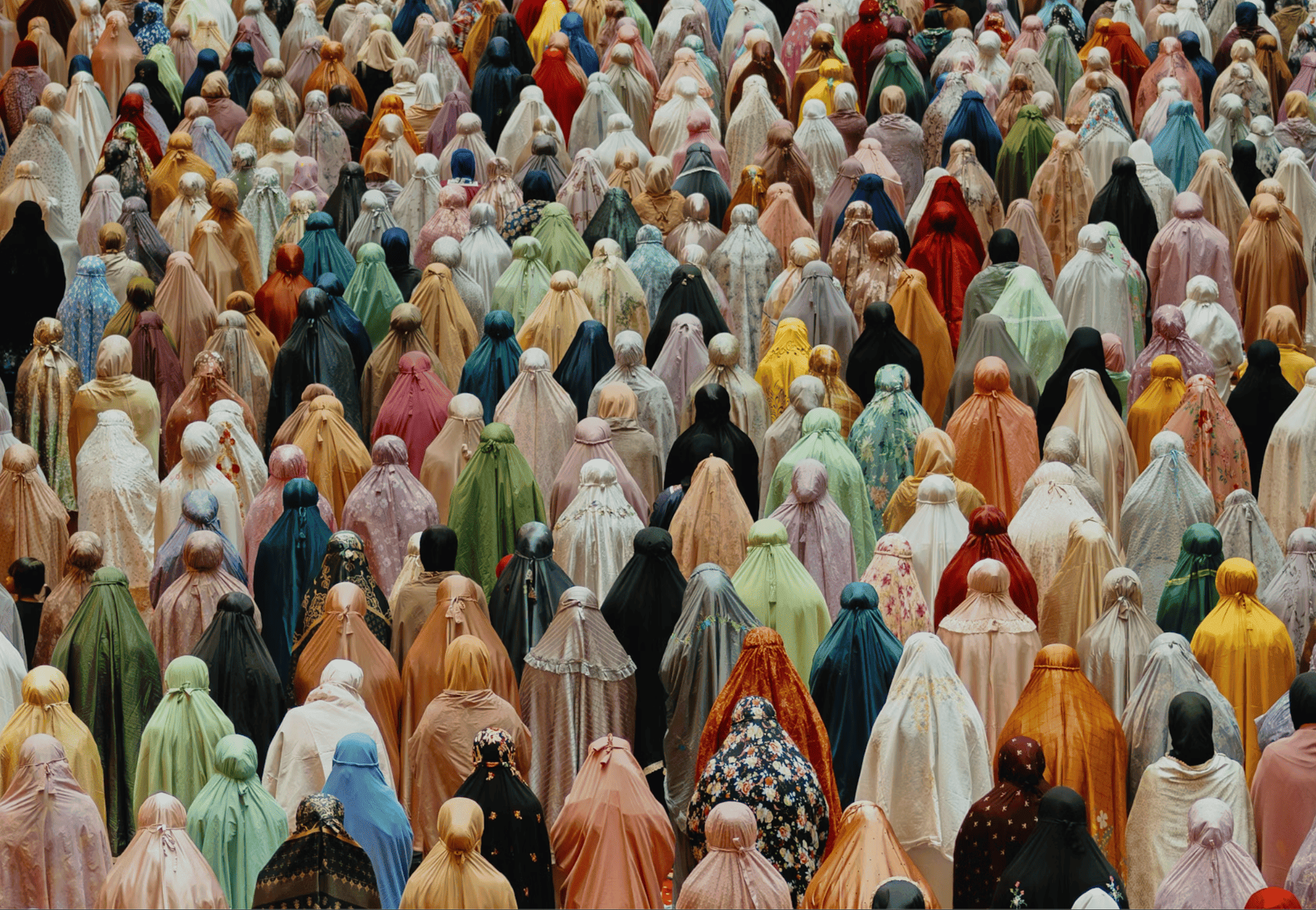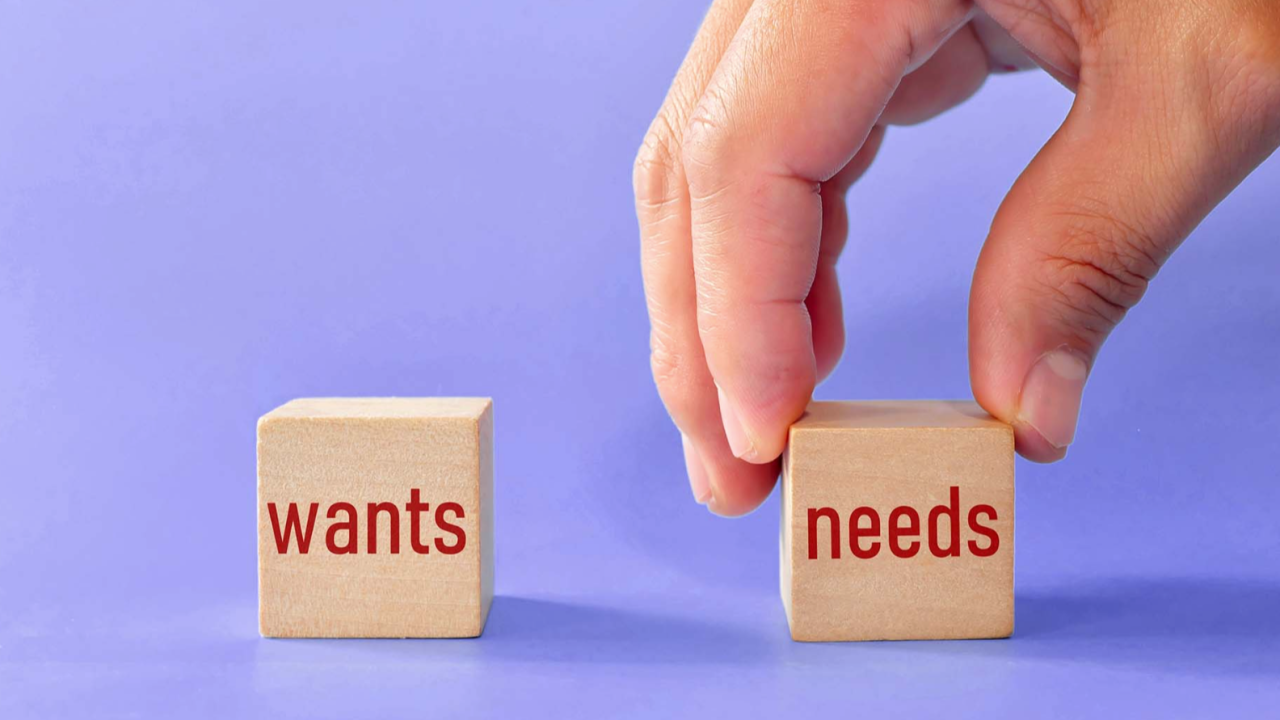“All the world’s a stage and all the men and women merely players. They have their exits and entrances.”
17th Century Shakespearean literature might have just sparked the onset of what social media consumers have coined to be “Influencer Culture” today. These ‘players’ (Influencers) on the stage of Social Media showcase to us the best and sometimes the not-so-best side to their lives on stage, and we transverse along on their own personal journeys, engage with their content on a regular basis, and find an affinity with their sharings. Thus forms an ‘Influencer-Follower’ bond.
With the rise of Muslim representation on various platforms, it comes as no surprise to see “Muslim” being added to the Influencer label as well. From the joys of Muslim matrimony to the lows of motherhood, highs of travel to the best of “modest fashion”- it’s all there for our consumption. And consume we do, as is evident from the massive followings of such figures.
In this part of the series, we seek to address a significant spectrum of this tangent – do ‘the players’ hold any amount of responsibility over what they show and we subsequently consume? Do social media personalities impact the way we think, feel, or act? And if they do, does that make them accountable to any degree for our actions?
.
To be, or Not to be: An Influencer
At the outset, we clarify that we do not seek to address any and all influencers in this piece. Rather, we seek to understand and address the concerns surrounding ‘Muslim Influencers’ who identify themselves as such, exhibit certain internal and physical symbols of Islamic faith, and address a predominantly Muslim audience.
We can all agree that the very definition of the word “influencer” includes the act of influence. It is defined as ‘the power or capacity of causing an effect in indirect or intangible ways.’ Admittedly, there’s a fine line between doing all the influencing, and being on the receiving end of that influence. And this line can get blurry. So just because I share my opinion online and I happen to be Muslim, does that mean I’m an influencer? Well, to answer that question, yes, everyone is influential about something. Since we’re all tethered to the electronic leash of the Web, on a micro-level we are all influencers. For anything we say online that is on behalf of Islam, or is based on the interpretation of Islam, we will be held accountable. Scary? Maybe. But it’s better to know the reality before we venture into something that will put us on a pedestal of accountability, whether we believe it to be so or not. It’s not just the number of followers that indicate your power of influence, but your relationship with them that in ways both subtle and obvious become a subconscious example for them. They may not follow through on that action immediately, or apparently ever at all, but the standard has been set. It is because we don’t realize the seriousness of this privilege, that we tend to post anything unfiltered online (as long as we have a voice, right?).
Abu Huraira reported: The Messenger of Allah ﷺ said,
“Whoever calls to guidance will have a reward similar to those who follow him, without detracting from their rewards at all. Whoever calls to misguidance will have sin upon him similar to those who follow him, without detracting from their sins at all.” [Muslim]
Due to the ubiquitous prevalence of Muslim influencers, one of the most common argument is that ‘they never sought to cause any effect on anyone’ with the added perception that ‘their actions aren’t misguiding.’ But is it enough to limit ourselves to what we personally feel and can immediately see, and not search for the affect of our words and actions beyond our understanding? Especially when one has actively sought a public and visible role in society? From the many profound reminders in Surah Al-Kahf is one describing the greatest of losers:
Say, [O Muhammad], “Shall we [believers] inform you of the greatest losers as to [their] deeds?
Those whose effort is lost in worldly life, while they think that they are doing well in work
[Al-Kahf: 103-104]
The Prophet ﷺ said that each one of us is a shepherd and responsible for his flock. When even a wife inside the house is responsible for her house, the teacher responsible for her student, the manager responsible for their employees – shouldn’t someone who asks people to follow them (quite literally) accept that it very well may follow through practically as well? And can we not say that the influence magnifies according to the largeness and visibility of the platform and image we hold? It’s a source of happiness for most influencers to have a vast following, they repost stories of people praising, mentioning or recommending them. Is not inherent within the act of praise, the desire to imitate?
We conducted a survey on Muslim Influencers and received an overwhelming response. Here’s what the (mostly young) social media users had to say on the impact of Muslim Influencers:


Till the time we do not understand the importance of being religiously and socially responsible for our actions done publicly, we wouldn’t be able to hold ourselves or our followers to a higher standard of action and judgement.
When in doubt, keep two basic principles in mind –
- Public actions will legitimately invite public responses – If you choose to be out there on a platform, on a stage, you are essentially choosing to invite a myriad of expressions and reactions. Does that mean the reactions are allowed to venture into abuse and public shaming? Absolutely not. The one who gives the reaction is as much governed by rules of decency and Islamic discourse as the public figure. The point we are highlighting is, if we do enter the role of an influencer, we accept to receive public feedback, the bouquets and the brickbats. It is naive to say, it is alright to follow me in my highs, but do not follow me in my lows. We must remember that we are living in a time in which calls for elimination of symbolic representations of faith are increasing exponentially. At such times, it is natural and a given that there are impressionable and mostly younger generations of this Ummah that live more than half their life virtually on social media; and they take social media personalities and influencers (albeit wrongly) to be their banner of inspiration, and a representation of religious conformity. To many of them, we are the ones who show it can be done, it is alright to be a Hijabi or a bearded man, talking about life, struggle, hope, religion and everything else under the sun on social media, and yet be cool, modern or stylish.

- We cannot largely control what those public responses are going to be – Seeking to control the response of our followers is like an actor who invites people to watch a show, but when the audience arrives, restricts them to only applause and praise. The audience is not allowed to express displeasure or disappointment if the act doesn’t go as planned. Should the audience boo though? Should the actor be made to feel like a failure? Not at all. But isn’t the audience essentially social human beings whose emotions have been actively sought and engaged with every expression, scene and dialogue? Once we have engaged someone’s emotions into following or admiring us – with every post, story, anecdote and glimpse of our personal life – we cannot dictate what those emotions are going to be and what turn those emotions are going to take with a drastic change in our actions.


“So am I never allowed to have a dip in Imaan?”
It would be rather perverse to assume that just because a person has sought a public image, he or she will never have moments of low Imaan, change of heart, occasional conflict with their online image versus the real person behind it.
So how does a Muslim influencer strike a balance in such circumstances? Let this verse of the Most Merciful be your guide in such times –
“Allah does not like the public mention of evil except by one who has been wronged. And ever is Allah Hearing and Knowing.”
[Surah An-Nisa: 148]
When in situations of low Imaan, (and these are inevitable), remember this:
- You are a public figure talking to a wide range of audience – from those who hang on to your every word, to the bored users scrolling for entertainment. The same audience who was inspired by your confident representation of Deen is also impacted when you withdraw from a known and accepted command of Islam. It is not necessary to be a formal preacher to be accountable for how people act when they follow your social media page or actions.
- While it is a part of honesty (and frankly a great means of user engagement) to accept certain struggles/mistakes and discuss the doubts you may be facing, it is crucial to remember the difference between discussion and normalization. When you discuss, you seek to reach a solution. When you normalize leaving certain actions, you are presenting a conclusion for the audience to swallow within their own capabilities and understanding.
- Once you have accepted your responsibility and accountability over your public actions- seek counsel from the religious leaders and teachers you admire, who would be empathetic and at the same time, the best people to guide and help you. If you do not feel you can publicly carry on or leave a command, ordained by Allah in His Perfect Wisdom, then make the hard but honest decision to carry out a complete change of profile or… simply leave. It sounds harsh, but are you able to answer for every single person who will think it is alright to leave or disobey a command of Islam, merely because you normalized it as a simple change of heart? The young 13 year old who proudly copied your hijab style, that university student who followed your halal jokes and cool lifestyle- they suddenly cannot decide if they need these commands of Deen anymore. This isn’t to say you don’t have the right to stay as you are – you do.
-> Ultimately, it is only you who can introspect and understand that with great power comes greater responsibility. Have a look at this snippet from our survey –
-> As followers, does a dip in Imaan or apparent actions of the Influencer, make followers think it is okay to feel and act similarly? Does it make you rethink your own choices?
“I think that their influence would definitely cause some of their followers with weaker Imaan or those who follow them blindly to feel or act similarly.”
- Survey respondent
41.1% of the respondents felt that their own actions and Imaan can or has changed for the worse because of the actions of the influencer, or have seen others experience the same. That means 41 out of every 100 people actually find themselves changing along with their favourite Influencer.
The Ultimate Consequence of Influence
On a parting note, there is an uncomfortable example that we wish to bring up, and we give a very pronounced disclaimer that this isn’t an act of declaring anyone evil or on falsehood. Rather, it is a strong loving reminder just as the Sahaaba, the best of generations, would often and unabashedly give to each other in the spirit of brotherhood and love.
When Allah says in the Qur’an that Shaytan will seek to deceive us in this Dunya by beautifying for us the gains of the world, and by influencing us to do that which we know within our heart of hearts isn’t right: many will follow him simply because he made it make so much sense. This influencer (Shaytan) will not come in the guise of a two-horned terrible creature asking you to do horrible evil things. Rather, in the views of that well-meaning friend who doesn’t think religion is all that important, that sympathetic Aunty who tells you how beautiful you looked pre-hijab in those gorgeous form fitting clothes you only wear indoors now, in the perfectly shaped models, the amazing fashion deals and offers that will make you feel empowered and famous without this garb of monk-like over-religiosity and strictness you have imposed upon your poor innocent self. And when you follow him in this world, thinking him to be a well-wisher, a proponent of ‘your body-your choice’, an embodiment of pseudo-liberalism and feminism that ‘liberated’ you from the shackles of a ‘regressive faith’, he will quietly stride up to you on the Last Day and leave you with these chilling words -
And Satan will say when the matter has been concluded,
“Indeed, Allah had promised you the promise of truth. And I promised you, but I betrayed you. But I had no authority over you except that I invited you, and you responded to me. So do not blame me; but blame yourselves. I cannot be called to your aid, nor can you be called to my aid. Indeed, I deny your association of me [with Allah] before. Indeed, for the wrongdoers is a painful punishment.”
[Surah Ibrahim: 22]

Yes: They have a responsibility as an influencer on whom their influence reaches
No: The followers are responsible for what they choose to be influenced by
O Allah- al-Haleem, al-Lateef!
Let us not be of those who are deceived by the Chief Deceiver or deceive others by our words or actions, let us not be of those who deviated after guidance, let us not be of those who wavered in the Deen such that You took away the light by which we were walking, let us not be of those who regret taking friends and awliya (helpers) in this world who would only drag us down in the hereafter.
Let us be of those who account ourselves even before we are brought to account, let us be of those who understand the amaanah (trust) you have placed upon us as the best of nations, the best of leaders, the best of influencers, in whichever sphere of life we have influence upon. Let us be in the company of those who obeyed You, loved You, and gave their lives trying to uphold Your commands – the smallest to the biggest of them. Let us be amongst the siddiqeen (truthful ones), ambiya (the Prophets), and the shuhadaa (the martyrs) on the Day You hold the Reckoning and there will no Kingdom but Yours, no Shade but Yours, no command but Yours. Ameen!
Some questions may naturally arise out of this article – are the followers so naïve that they will leave a command of Islam for an influencer they don’t even know? And how about judging and reforming the mind of the influenced instead? Stay tuned for our next and last installment of this series for these questions to be answered, InshaAllah!
- Joint Article by Umm Firas Anam and Saadikah Hameed
DISCLAIMER: All material found on InkOfFaith.com is for free and is for information purposes only. All material may be freely copied & shared on condition that it is clearly attributed to InkOfFaith.com as the original source. The views expressed on this site or on any linked sites do not necessarily represent those of InkOfFaith.com













